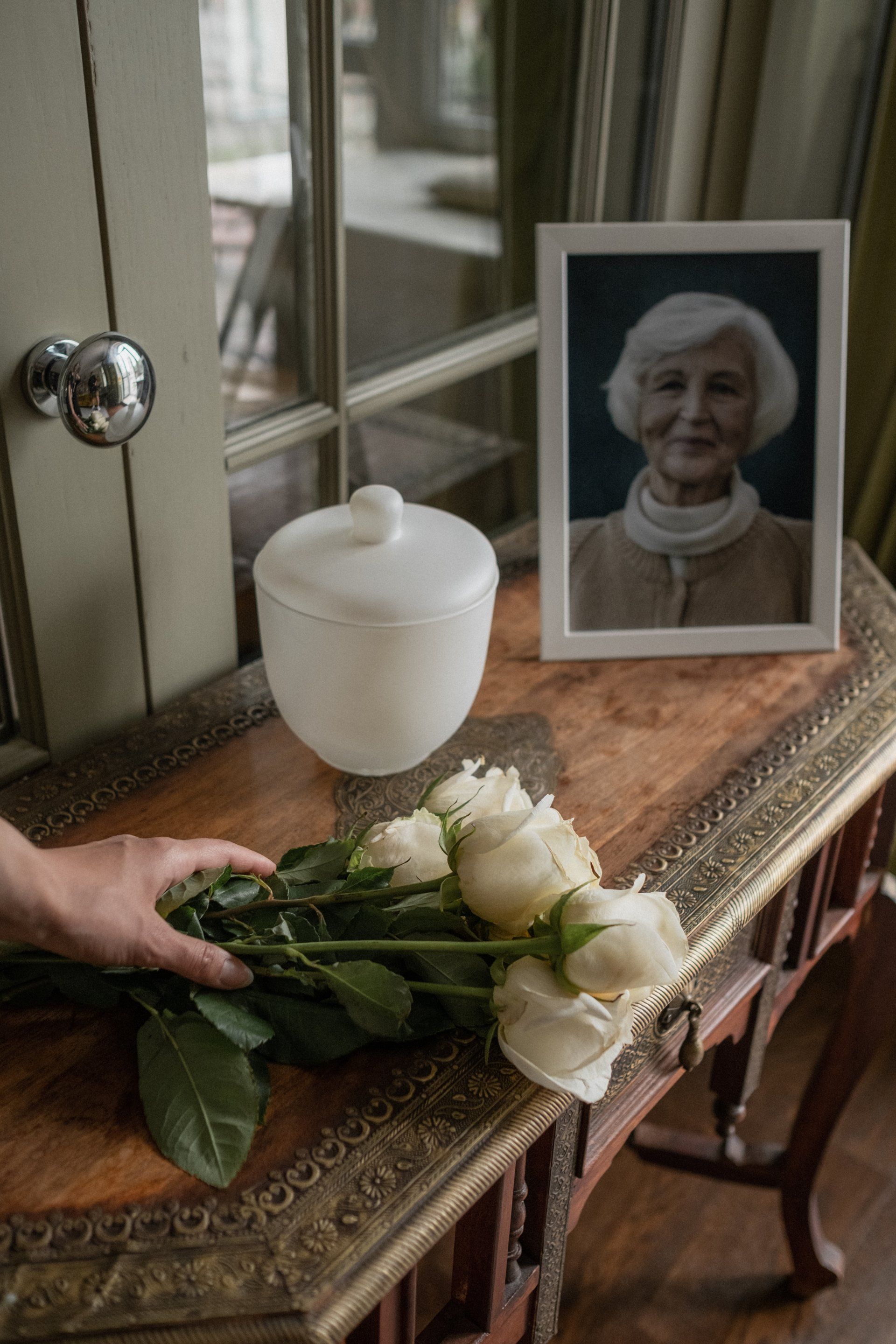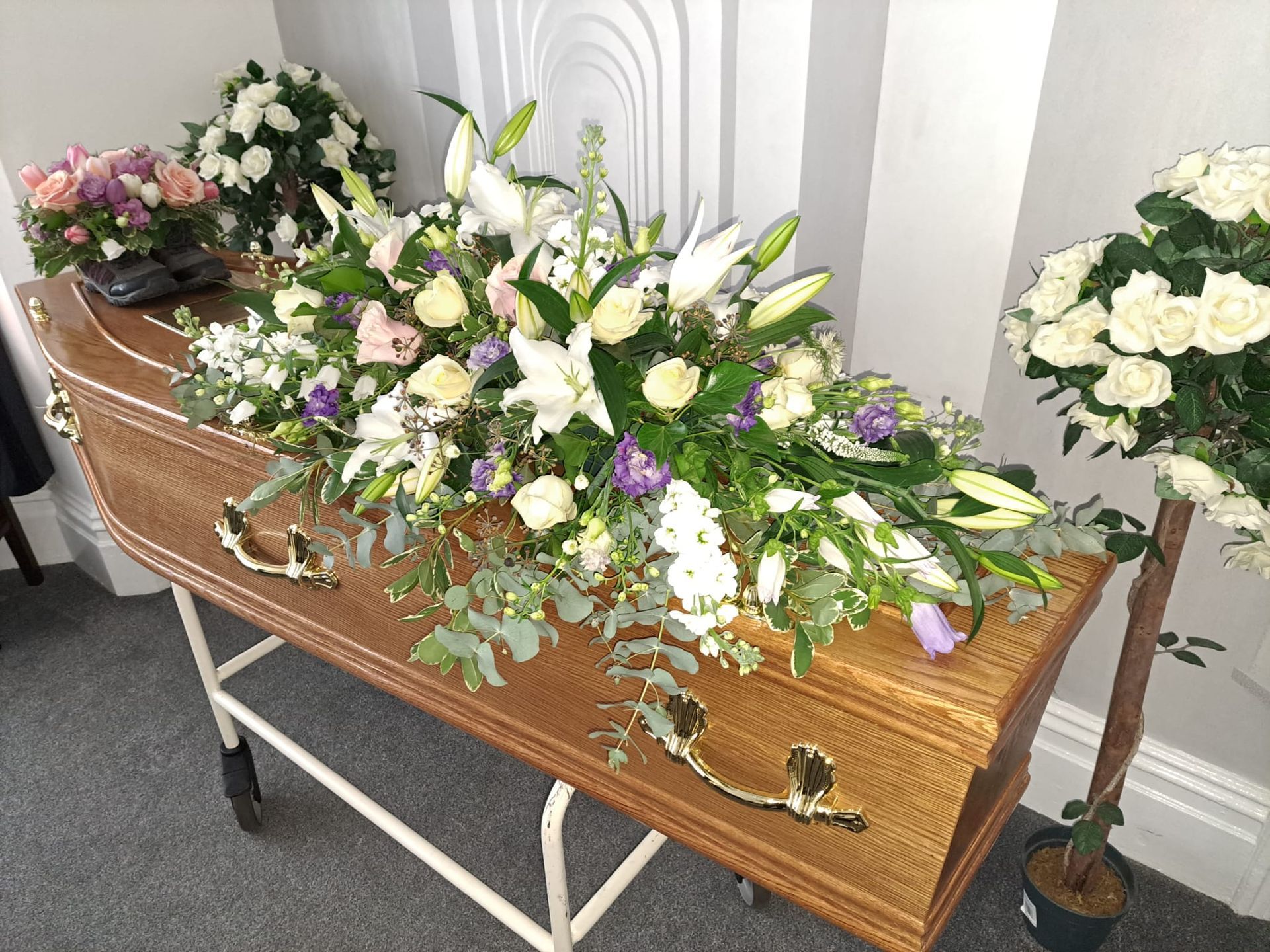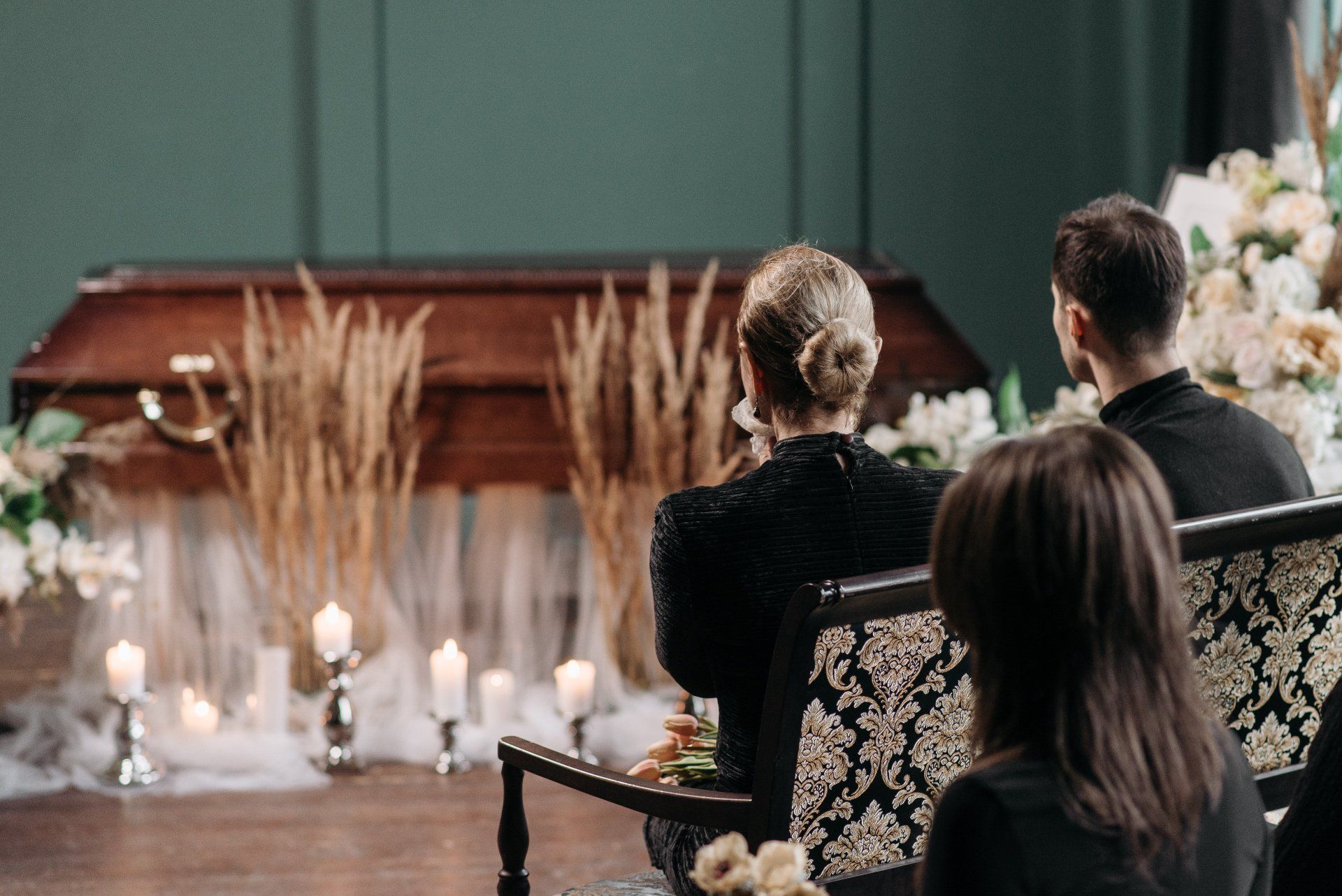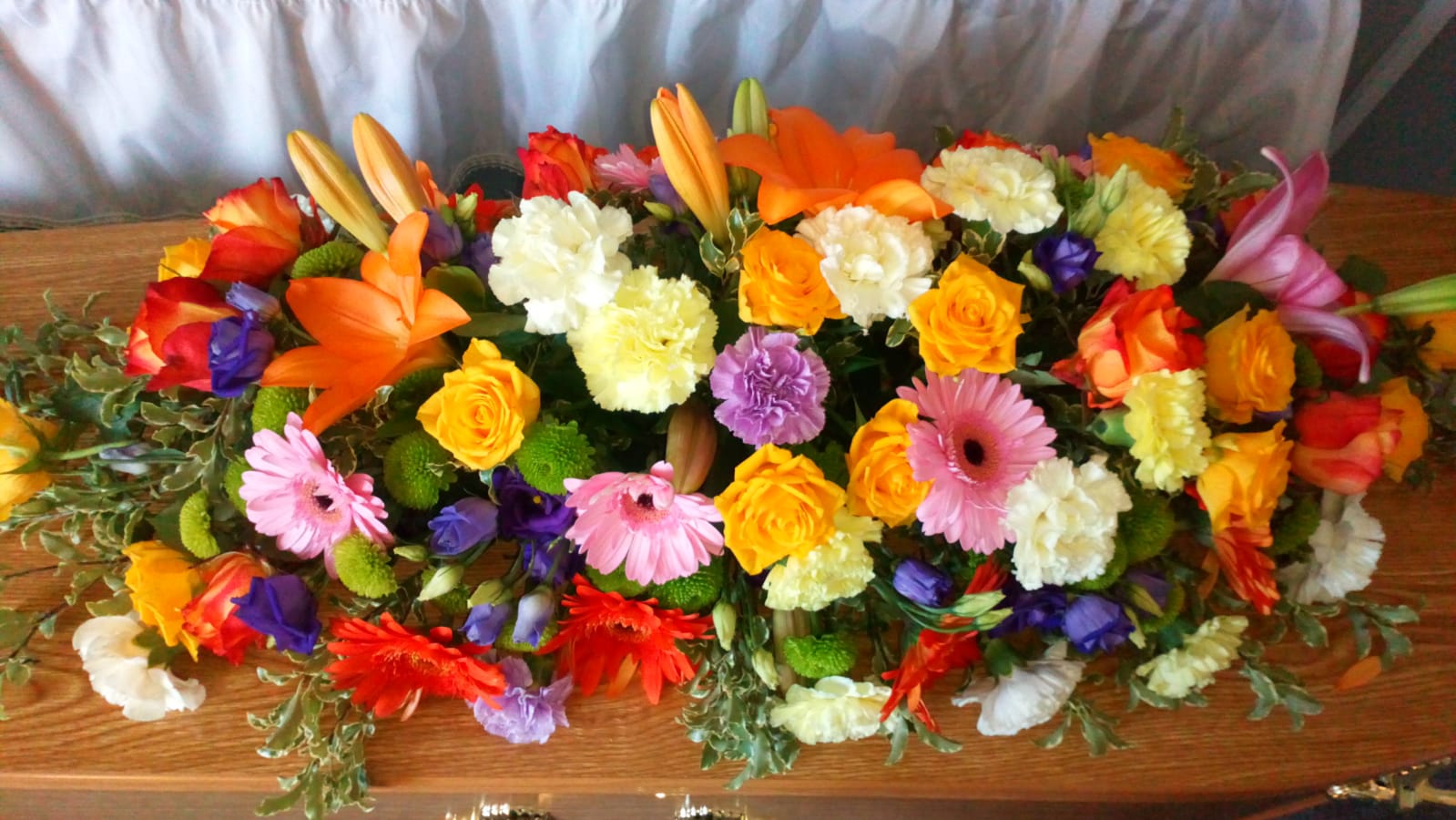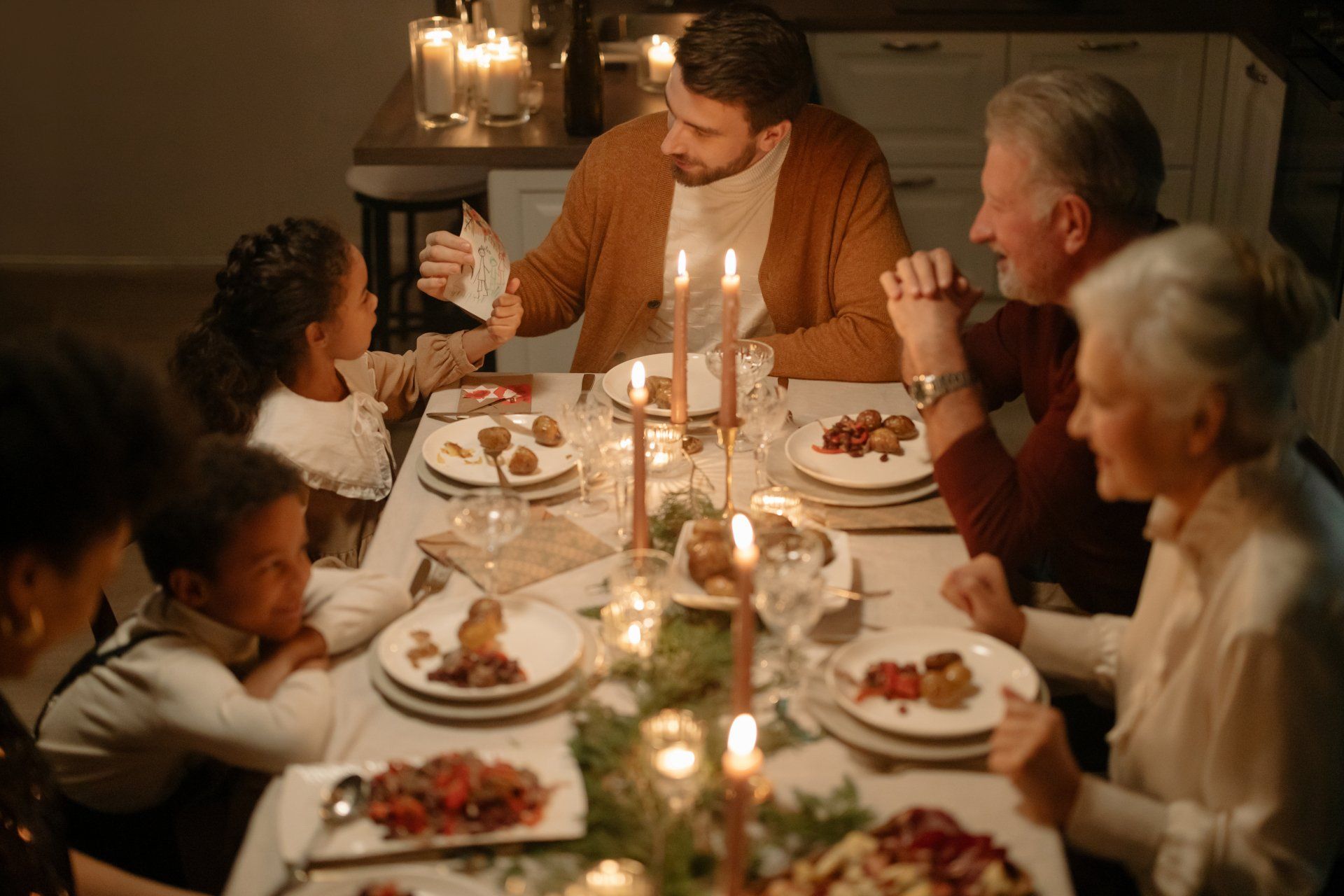Funeral Flowers - A Guide to Choosing Your Tribute
Losing a loved one is never easy, and choosing the right flowers to honour their memory can feel like a daunting task. One of the most popular ways to show condolences and show your support for the family of the deceased is to make a floral offering. We’ve previously discussed the modern switch from flowers to donations but flowers are still a very popular way to honour the dead and say goodbye in a respectful and pleasant way.
Flowers can serve as a beautiful tribute, offering solace and comfort during a time of grief but it can often be difficult for someone to know what flowers to pick or what type of arrangement is most fitting. In this post, we will guide you through the process of choosing flowers for a funeral, with a focus on compassion and understanding. Most of the time, your choice will be mostly made for you by the family offering a recommendation but if you are unsure on where to start, we hope this provides some level of guidance.
The Symbolism of Funeral Flowers
As discussed,
funeral or sympathy flowers have been a major part of funeral traditions in the UK for hundreds of years and therefore, many different flowers have been used over the years. This means that funeral flowers have deep symbolic meanings, often offering messages of sympathy, love, and remembrance. It's important to choose flowers that reflect the personality and spirit of the departed, while also providing comfort to the bereaved.
Below is a list of some commonly chosen funeral flowers and their symbolic meanings in relation to memorial:
- Lilies : Often seen as a symbol of purity and innocence, lilies are a popular choice for funerals. They represent the restored innocence of the soul of the deceased.
- Roses : With their timeless beauty, roses convey both love and sorrow. Red roses are often associated with deep affection, while white roses symbolise purity and peace. Yellow roses are also a sign of friendship and are a popular choice with those that are not directly related to the deceased.
- Carnations : Carnations are known for their long-lasting nature and this makes them ideal for remembrance. They are also typically quite bold in colour allowing to convey love, admiration, and remembrance. They are fragrant and long-lasting flowers, making them ideal for services that last for several days. Similar to that of lilies, white carnations are used as a symbol of purity. Pink carnations send thoughts of remembrance.
- Chrysanthemums : These flowers are widely used in funeral arrangements and represent loyalty and deep love. In many cultures, chrysanthemums are specifically associated with mourning and are considered an appropriate choice for funerals. They are particularly popular in the United States.
- Orchids : Exotic and elegant, orchids represent strength and beauty. They symbolise eternal love and are often used to show sympathy and support. While all colours respresent a similar message of everlasting love, it is often recommended that you choose white or pink varieties to show your sympathy and compassion with the bereaved family.
Consider the Deceased's Personality and Interests
To personalise the floral arrangements, consider the deceased's personality and interests. Were they a vibrant and energetic person? Opt for bright and colourful flowers to celebrate their life. If they had a favourite flower or colour, incorporating it into the arrangements can be a beautiful tribute. For those who have a passion for nature, incorporating elements like branches, leaves, or even potted plants can add a touch of natural beauty to the funeral arrangements. This will often be reflected in the ceremony so try and match what the ceremony suggests. For example, a more traditional ceremony often calls for roses or lilies but carnations or chrysanthemums can be quite popular for celebration of life memorials.
Take into Account Cultural and Religious Customs
Every culture and religion has its own customs and traditions surrounding funerals and flowers. It's important to be mindful of these customs and choose flowers that are appropriate within their beliefs.
For example, in some traditions, it may be customary to avoid certain colours or flowers, while in others, specific flowers may hold deeper religious or cultural significance. Consulting with family members can help ensure that your choice of flowers respects the deceased's cultural or religious customs, particularly if it’s a culture you are not familiar with. Any cultural or specific requests are often reflected in the invitation but it’s best to make sure by checking with someone first.
Choosing the Right Floral Arrangements
Funeral floral arrangements can be diverse, and it's important to choose ones that will honour and celebrate the life of your loved one. Here are a few popular options to consider:
- Casket sprays : These large, formal arrangements are placed on top of the casket and often serve as the centrepiece of the funeral service.
- Standing sprays : These vertical arrangements are displayed on an easel and are typically placed near the casket during the viewing or service.
- Wreaths : Wreaths can be placed on the door or at the funeral service. They are often shaped like a circle, symbolising the eternal cycle of life.
- Bouquets : Smaller bouquets are a touching gesture to show sympathy and support. They can be placed near the casket or at a memorial site.
Expressing Your Condolences through Flowers
In addition to choosing the right flowers and arrangements, you may want to consider adding a thoughtful message or card to accompany your gift. Words of sympathy and encouragement can bring comfort to those grieving. It’s best to keep your message short and sweet to allow the family and loved ones to read your messages of support but cards with longer messages often accompany memorial flowers.
Remember, choosing
flowers for a funeral is a personal decision. Trust your instincts and go with what feels right for you and your relationship with the deceased. Checking with the family can give you an opportunity to pass on a message of condolence as well as alleviate any stress at choosing the ‘wrong thing’. Ultimately, it's the thought and compassion behind your gesture that truly matters.
At this difficult time, please accept our heartfelt condolences.


